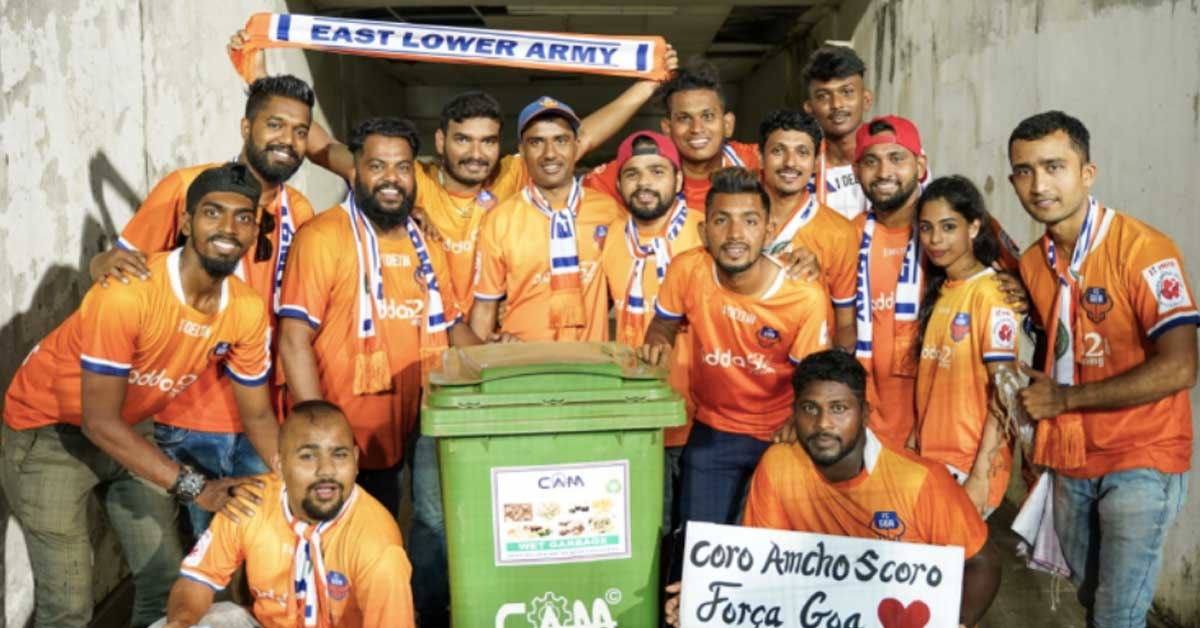Football
ISL 2019-20: How FC Goa turned Fatorda into India's first zero-waste stadium
Off the pitch also, FC Goa enjoyed tremendous success by meeting their ‘Goa vs Garbage’ initiative.

This season, FC Goa have quite a few things to celebrate. Although they could not win the title, they overcame several adversities and finished top of the Indian Super League (ISL) table and sealed the prestigious AFC Champions League berth, thus becoming the first Indian club to do so.
Off the pitch also, they enjoyed tremendous success by meeting the club’s ‘Goa vs Garbage’ initiative. Through the season, FC Goa and it’s fans took it upon themselves to make the Jawaharlal Nehru Stadium in Fatorda, the India’s first zero-waste stadium.
In simpler words, they endeavoured to ensure that none of the waste generated ended up at landfills, but was instead segregated into 13 streams taken to authorised end destinations for optimum recycling. Then, the waste was either decomposed or used as biogas.
Mr. Aditya Datta, Chief Operating Officer, FC Goa stated in a release, “I am delighted to have ended the ISL season on a high note, both on and off the field. With us becoming the first Club to qualify for the AFC Champions League as well Fatorda becoming the League’s first zero waste stadium we are setting several milestones. Giving back to the community and our fans, who are our lifeline is of utmost importance to us. We are looking at several more initiatives to raise awareness, act towards the cause and expand on the same.”
https://twitter.com/FCGoaOfficial/status/1236871884446326784
Now, Goa has had an acute waste-management problem. More than 800 tonnes of waste is produced in the state daily and 90% of this waste is either dumped in landfills, burnt or thrown in oceans. This is a serious threat to everything that Goa offers and more importantly, to the ecological balance.
FC Goa’s initiative ensured that the use of certain polluting items such as one-time plastic, plastic water bottles etc. were minimized in the stadium. Spectators at the stadium were served water through dispensers at most locations rather than plastic bottles to reduce plastic consumption.
Waste dropoff points were deployed across the stadium, segregated into Dry and Wet waste by the Gaurs, alongside Saahas Zero Waste. These dustbins were also manned by volunteers to encourage segregation at source.
Goa’s fan clubs also came in to lend a helping hand as they cleared the stands of all waste after each match.
All the wet waste collected at the stadium was composted or sent to a biogas facility whilst dry waste was recycled with partner vendors.






